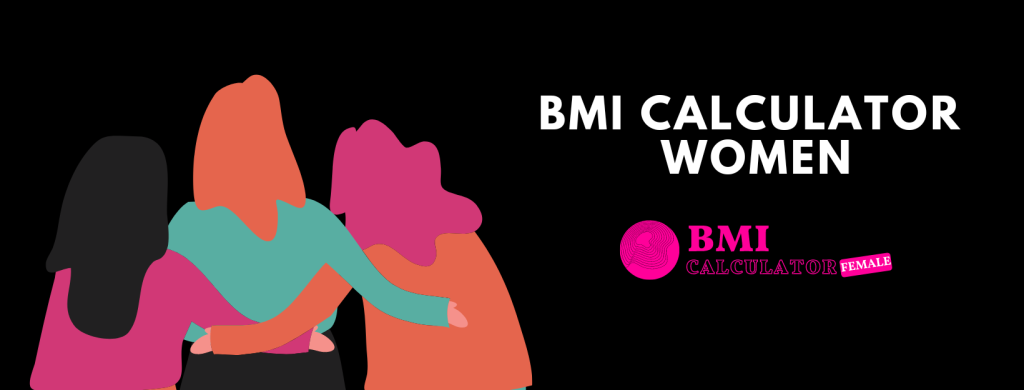Explore the Normal Heart Rates Age: A Comprehensive Guide to Understanding and Monitoring Your Heart’s Rhythm for Lifelong Health.
The human heart is a remarkable organ that beats tirelessly, circulating life-sustaining blood throughout the body. The rate at which it beats can vary significantly from person to person and is influenced by a range of factors, including age, fitness level, and overall health. In this article, we will delve into the topic of normal heart rates by age, providing insights into what you can expect at different stages of life.
Understanding Resting Heart Rate
Resting heart rate is the number of times your heart beats per minute (bpm) when you are at complete rest. It serves as an essential indicator of cardiovascular health and can offer insights into your overall well-being.
Infants (0-1 year): Newborns typically have the highest resting heart rates, averaging between 100 to 160 bpm. As they grow, the rate gradually decreases.
Children (1-10 years): Resting heart rates for children usually range from 70 to 120 bpm, depending on their age and level of physical activity.
Adolescents (11-17 years): During the teenage years, resting heart rates tend to fall between 60 to 100 bpm, reflecting the physical changes associated with puberty.
Adults (18-64 years): For most adults, a normal resting heart rate is between 60 and 100 bpm. However, athletes and highly trained individuals may have lower resting heart rates, often below 60 bpm, due to their cardiovascular conditioning.
Seniors (65+ years): Resting heart rates for older adults may be similar to those of adults but can sometimes be slightly higher. A rate between 60 and 100 bpm is generally considered normal.
Factors Influencing Heart Rate
Several factors can influence heart rate, regardless of age stage:
Physical Fitness: Individuals who engage in regular physical activity tend to have lower resting heart rates as their hearts become more efficient at pumping blood.
Emotional State: Stress, anxiety, and excitement can lead to an increase in heart rate, while relaxation and meditation can lower it.
Medications: Certain medications, such as beta-blockers or stimulants, can impact heart rate for all stage of ages people. Always consult a healthcare provider for guidance.
Medical Conditions: Chronic conditions like hypertension, arrhythmias, or thyroid disorders can affect heart rate. Proper management is crucial.
Monitoring Your Heart Rate
In today’s digital age, it’s easier than ever to monitor your heart rate. Many wearable devices, smartphone apps, and even traditional methods like checking your pulse can provide valuable insights into your heart’s rhythm. Regularly monitoring your heart rate can help you detect abnormalities and track improvements in your cardiovascular health.
Conclusion normal heart rates age
Understanding normal heart rates by age is a fundamental aspect of maintaining overall health. While there is a range of typical heart rates for different age groups, it’s important to remember that individual variations exist. Factors like physical fitness, emotional state, medications, and underlying medical conditions can all influence your heart rate. Regularly monitoring your heart rate and consulting with a healthcare professional can help you maintain optimal cardiovascular health and well-being throughout your life.
Table of Contents
Toggle

